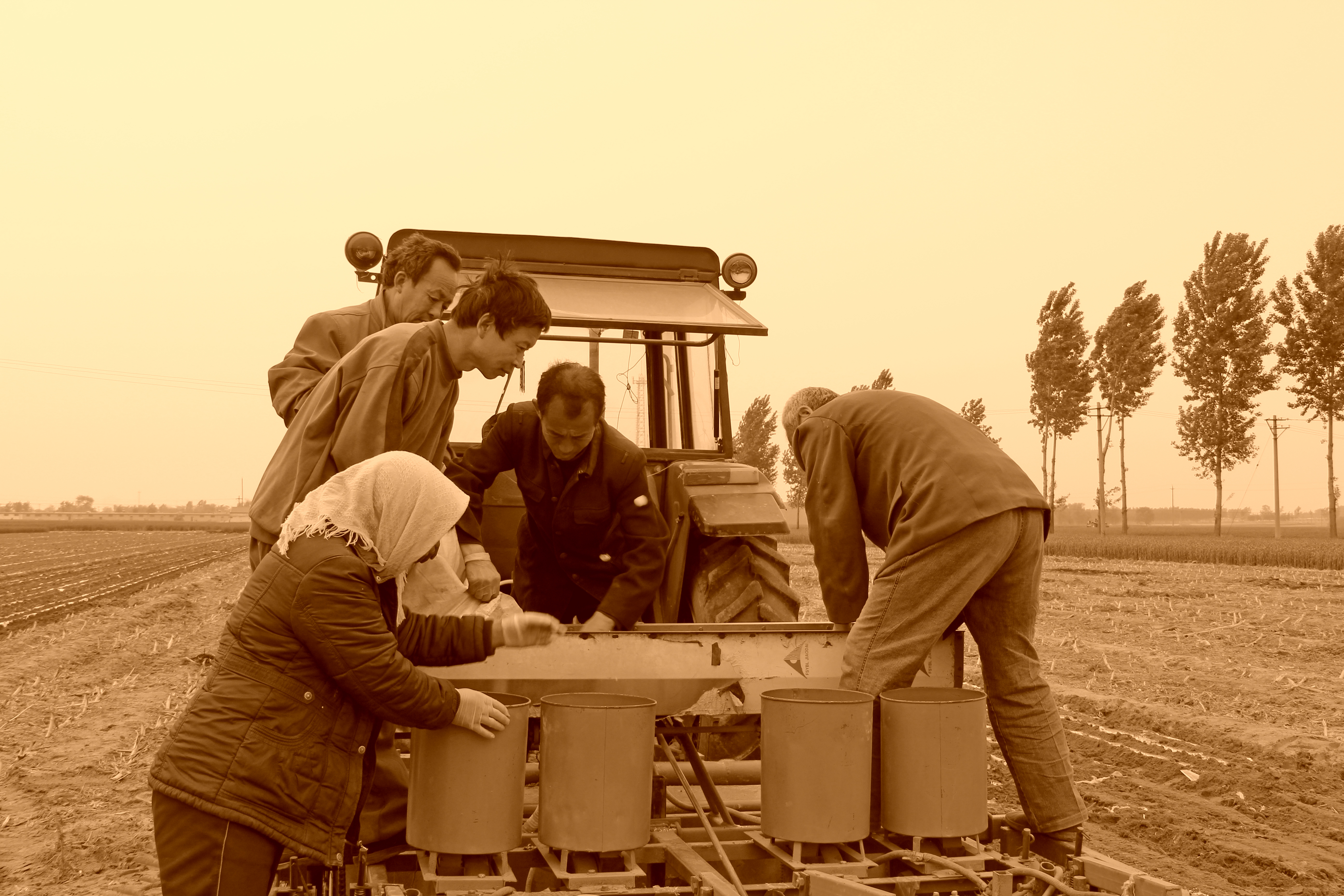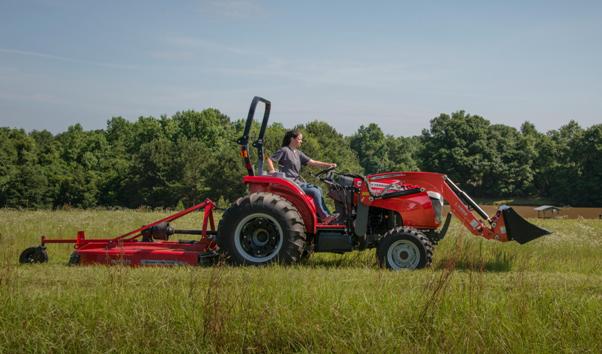
At the Sept. 29 Clinton Global Initiative annual meeting in New York, Alibaba Group Executive Chairman Jack Ma talked about his company’s commitment to spreading e-commerce among hundreds of millions of China’s rural residents and farmers to help advance China farming, some 200 million of them making less than $1 a day.
Using Internet technology to boost prosperity in rural China isn’t just a talking point for Ma, who leads one of the world’s largest e-commerce companies—it’s also a government priority. China’s National Development Reform Commission last month released an action plan calling for faster e-commerce development for the farming sector, part of a larger government push to modernize the middle kingdom’s food production.
With much of the countryside still populated by small, poor farmers using methods that haven’t changed much for decades, progress is a big ask. Fortunately the China market is large enough and promising enough to attract international companies who want to help speed this transition.
One such company is U.S. based AGCO, a global leader in the design, manufacture and distribution of agricultural machinery and solutions. Last month, AGCO and Alibaba Group agreed to cooperate to make modern agricultural machinery and farming techniques more accessible in rural China through Rural Taobao, an Alibaba e-commerce site offering agricultural resources and consumer goods to rural villagers. In addition, the companies said they will collaborate to promote farm development through cloud computing, big data and rural finance, in what the companies called an “Internet-plus-Agriculture” program.


AGCO’s heavy Massey Ferguson tractors, high-horsepower combines and baling equipment enjoy solid demand in the country’s northwest and northeast, where farming is dominated by large, state-owned enterprises, he said. AGCO wants to establish markets for its advanced equipment in Central China, where farms are smaller, private and more market-driven. “That’s where e-commerce will help us reach out to these customers,” Yang said. By working with Rural Taobao, AGCO hopes to tap into Alibaba’s growing network of Taobao Rural Service Centers, physical outlets that provide computer hardware, e-commerce training, technical support, and information about Alibaba’s online marketplaces to residents of China’s hinterlands. As of June 30, there were 63 Taobao county centers and 1,803 village centers open in 17 provinces.


Farming in China is plagued by inefficient sales networks, a shrinking labor force and financing difficulties. AGCO’s bid to make heavy farming equipment more widely available in China matches up with the vision of policymakers who are trying to address these issues and make China self-sufficient in food production. “Moving to large-scale commercial operations rather than the traditional farm style is the only way to get there,” Yang said.
E-commerce not only provides rural residents with greater access to advanced agricultural machinery, but also is becoming an important channel for the sale of agricultural products. Beyond this, Yang says he expects information and data from business conducted on Alibaba’s online platforms to be able to improve AGCO’s ability to serve customers, develop new types of equipment, and target specific regions with the right products.
“That’s really the true value-add of an Internet company,” Yang said. “When there are more transactions, more information starts going through the Web. Accumulating this big data can be very valuable for us—not only to reach customers, but also to become smarter about how to serve the customer better.”
![]()
![]()
Ultimately, the Internet is expected to help spread information on modern farming techniques throughout China, Yang said, boosting productivity and sustainability. AGCO is currently setting up several pilot farms in the countryside so farmers can come and see how to use AGCO equipment to their best advantage, and the company is using social media to distribute technical videos, articles, tips and provide online customer services.
“Frankly speaking, not many farmers realize the total benefits of technology yet,” Yang said. Most people think of farming as “a backwards thing,” he said, “but it can be very sophisticated based on today’s technology. To make it happen, all we need is the data.”




